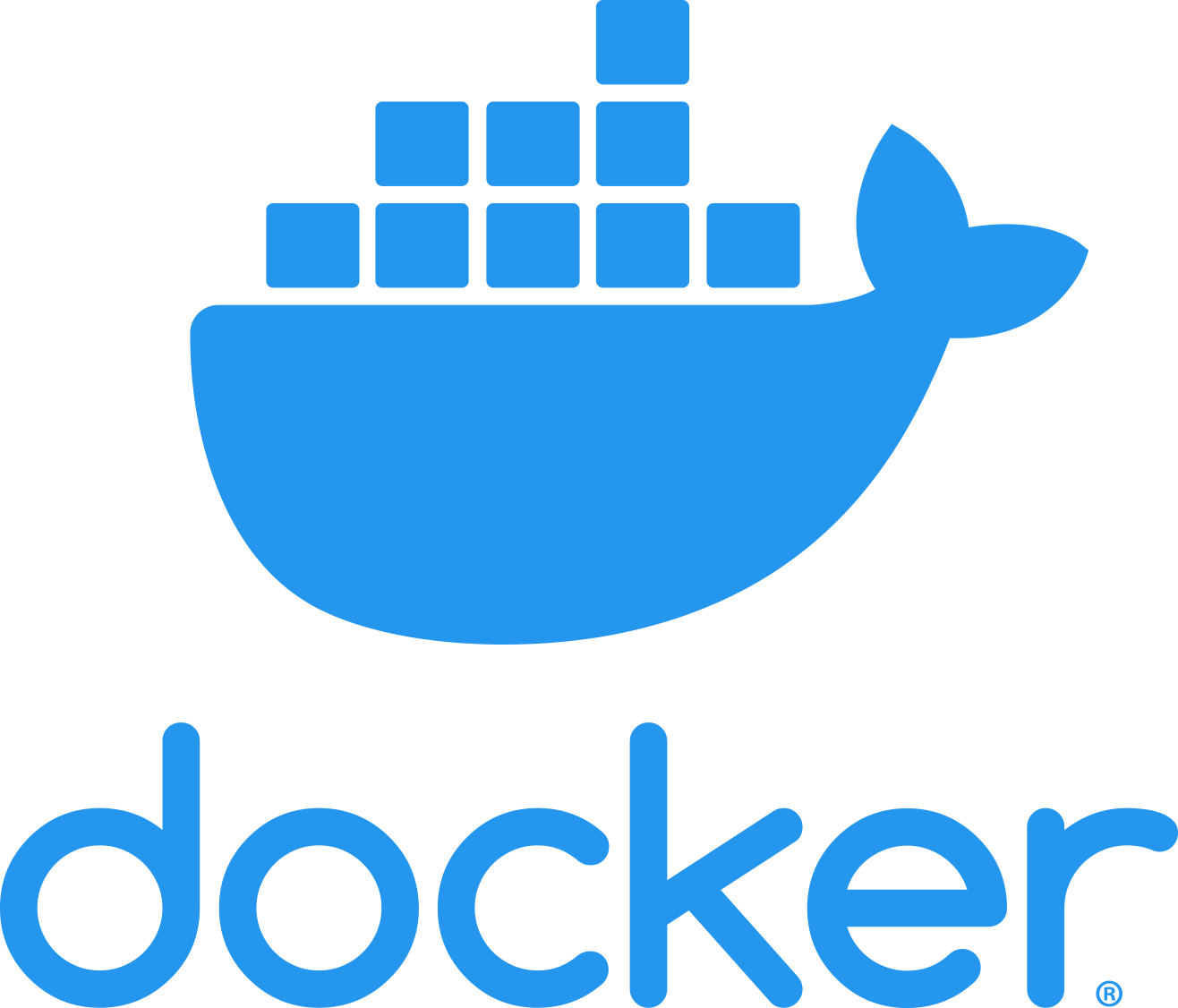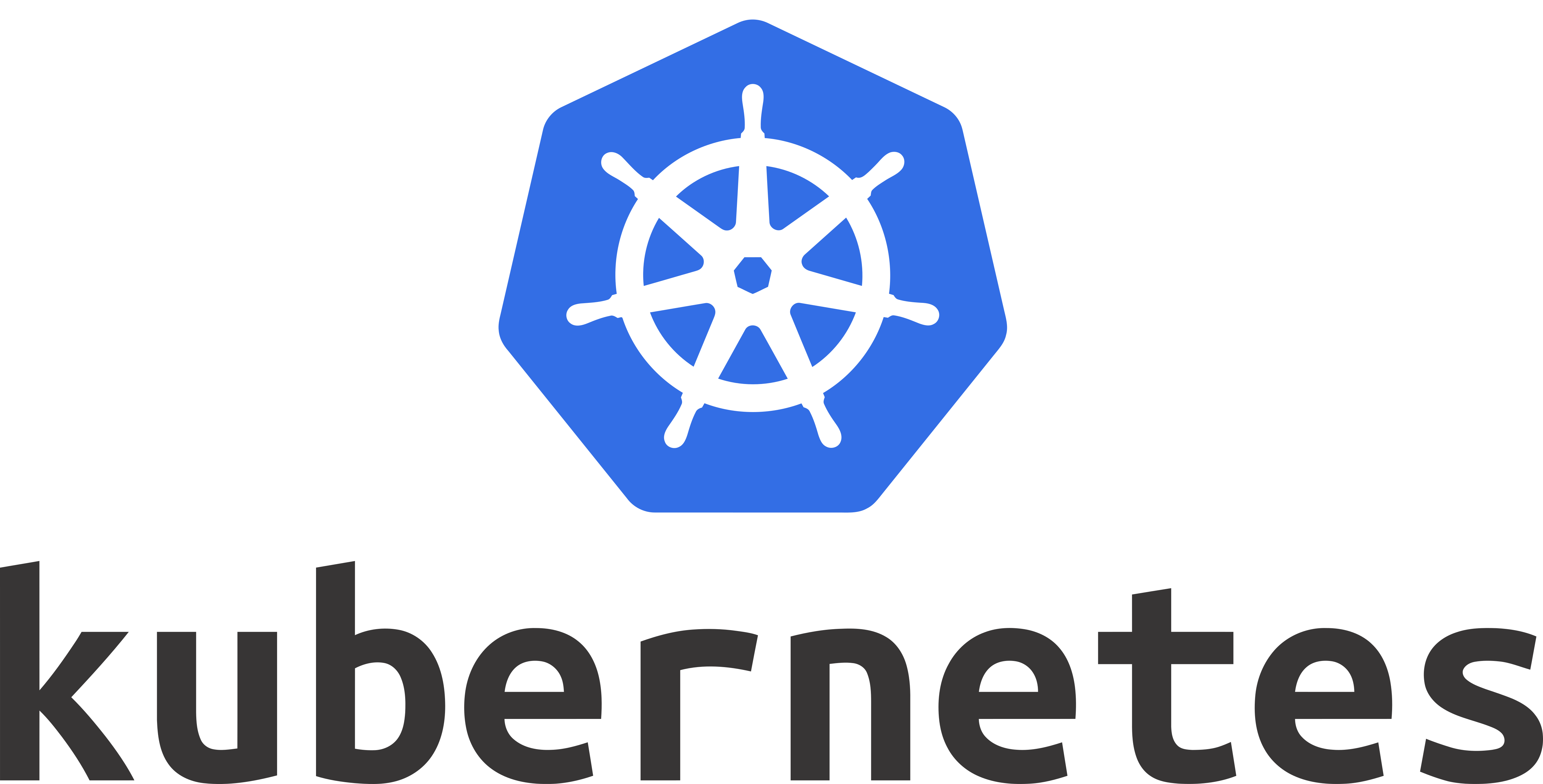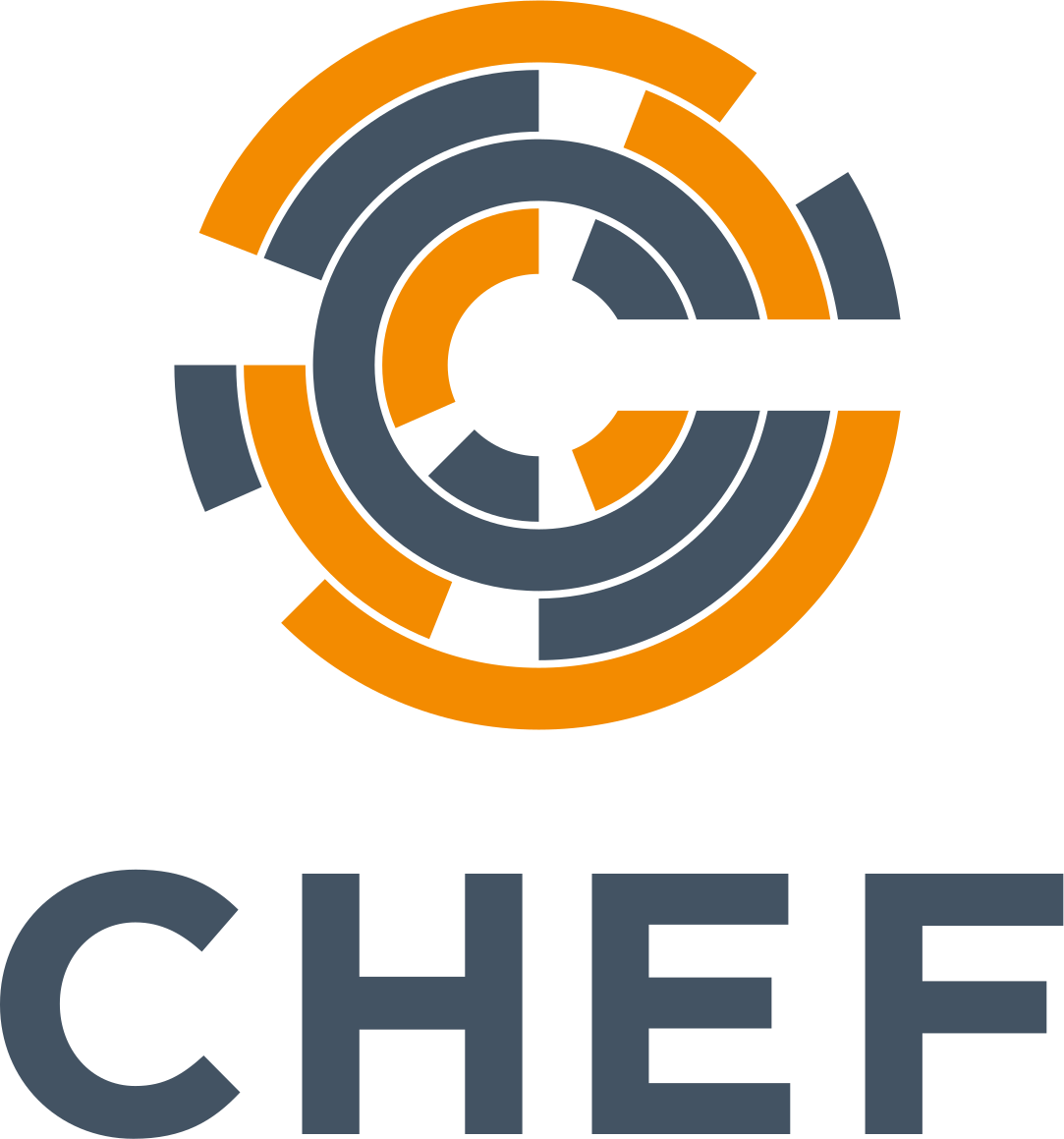DevOps adoption has risen dramatically in recent years and is expected to rise even further. According to a Puppet report, change management becomes much more effective for organizations and individuals who adopt DevOps more quickly (as high as 65 per cent). One of the most significant challenges that DevOps engineer and developers face when implementing DevOps is the consolidation of tools and software, as well as the establishment of operational engineering units. In this article, we will look at some of the top trending tools for change management that are simple to use and highly effective. But let us look at the future of DevOps first.
Roles and Responsibilities of a DevOps Engineer
A DevOps engineer is responsible to introduce processes, tools, and methodologies to meet the requirements during the software development life cycle, from coding and deployment to maintenance and updates.
- Implement development, testing, automation tools, and IT infrastructure
- Manage stakeholders and external interfaces
- Setup up tools as per the required infrastructure
- Define test, release, update, and support processes for DevOps operation
- Analyze Troubleshoot techniques to fix bugs
Future of DevOps
By 2018, roughly half of all organizations had already adopted or implemented DevOps. When compared to those who have not yet adopted DevOps, the deployment frequency of companies/organizations/teams that have adopted it has increased up to 200 times. The time allotted for rework or unplanned work has decreased by 22% since the adoption of DevOps practices. Because of DevOps adoption, failure recovery has become 24 times faster, and downtime has been reduced. The global DevOps market is expected to be worth USD 9.41 billion by 2023, with a CAGR of up to 18.7 percent.
These figures and projections are quite astounding and provide a clear picture of the DevOps future. As a result, including as many DevOps tools as possible in your portfolio will help you build a portfolio that any recruiter will find difficult to overlook. Let us now move on to the tools –
1. Jenkins

Jenkins is a CI (Continuous Integration) server that is widely used for real-time testing and reporting. It keeps track of how repetitive tasks are completed. Furthermore, It enables developers and operations teams to quickly and efficiently integrate changes into the project. It has a pipeline feature that transfers code chunks quickly and automatically into central/shared repositories, performs testing, and even generates comprehensive reports. Moreover, It can be used for a variety of purposes, including building a pipeline for the “develop-test-deploy” cycle, creating triggered events, and automating repeated and scheduled tasks. Furthermore, it has excellent API support, allowing for simple and quick integrations with other popular tools.
2. Docker

Docker is a container-management tool that enables developers to build and manage applications within packaged environments known as Containers. Regardless of infrastructure, developers can easily create containers, install libraries and packages required by the application, begin building their applications, share them with other developers, and deploy them all within the same container environment. Because the containers are isolated from one another, developers can run multiple containers on the same machine.
You can create a multi-container application and allow communication between the containers to share information and resources, or you can use Docker Swarm to create a network of container clusters. It supports all of the necessary tools, such as a network interface, storage, security, and so on. DockerDocker’s extensive set of benefits for developers has made it very popular among the developer community. With simple commands, you can now easily develop, manage, and deploy applications, scale them to multiple nodes, share them, and run them on any machine without worrying about dependency conflicts.
3. Ansible

Ansible is a popular tool in the DevOps community for automating an application’s entire lifecycle. Furthermore, Ansible was born when tools such as Puppet, Chef, and others began to address the complexities associated with automating the infrastructure of highly-scaled applications. Also, Ansible is open-source, which means it is free to use. This allows teams to scale up quickly and efficiently, resulting in increased productivity. It specializes in application deployment, software provisioning, infrastructure delegation as code chunks, and configuration management. It has a very simple design but is quite powerful.
4. Puppet

Puppet is primarily concerned with configuration management, automation, and centralization. It is free and open-source software that is in use to automate the delivery, inspection, and monitoring of software applications throughout their lifecycle. It allows you to define host-specific configurations to create an actionable, intelligent, and scalable code infrastructure, and it runs frequent checks to ensure robustness. Prior to the introduction of Containers, it was frequently in use in pipelines with Jenkins and other frameworks. Because it gives users complete access to all machines, it makes it easier to apply changes across these machines, allowing you to scale dynamically.
5. Kubernetes

Kubernetes is an open-source tool that is commonly in use with container management platforms like Docker. It’s a container-management tool with the ground-breaking ability to scale, manage, and automate deployments. Assume you have an application that is running on three container servers or nodes. You’ve gained traction, and your servers can no longer handle the load. You intend to expand them to 50 servers. Kubernetes assists you in determining which node belongs to which cluster and provides an easy way to monitor all of these clusters. Kubernetes can be in use to automate scheduling, deploy multi-container applications, and scale them. It has a modular architecture that includes control planes, nodes, and pods. All of these components work together to form an ideal container orchestration software blend.
Get ready to become a qualified DevOps Engineer with the latest tools and certifications. Try Google Professional Cloud DevOps Engineer Free Test Now!
6. QuerySurge

QuerySurge is a top DevOps tool because it is a smart data testing tool that can automate data testing of Data Warehouses, Big Data Business Intelligence Reports, and other similar applications. It is a first-of-its-kind tool that automates data testing and validation to provide an intelligent testing solution. It executes test cases triggered by events/processes automatically, providing immediate results throughout the pipeline workflow. Its API features enable you to create or modify connections with data stores, flow controls, test queries, and so on.
7. Chef

Chef is a cloud-based DevOps automation tool that allows you to automate complex and repetitive tasks. It is a powerful tool that generates code from infrastructure, and it works equally well in cloud, host, and hybrid environments. It automates the entire network’s deployment, configuration, and management. The Chef infrastructure recipe allows you to obtain resources such as templates, packages, and so on, allowing you to describe the infrastructure, and the chef workstation includes a plethora of tools to assist you in interacting with the chef infrastructure. Using the Chef client, you can upload your code to the infrastructure and create and configure nodes.
8. Basis Technologies

Basis Technologies is design specifically for those who have adopted the SAP development tool. They provide a test automation platform and enable them to shift from a fixed-release-cycle model to a completely different on-demand delivery model that is perfectly aligned with CI/CD and DevOps practices. Furthermore, They have a tool called ActiveControl that enables you to adopt agile practices by automating releases with fast and reliable methodologies, gaining control and quality, and dynamically managing a multi-development system. Moreover, They enable you to eliminate the need for spreadsheets, perform frequent and efficient change delivery, and provide complete control and governance. This enables your SAP teams to achieve business objectives while incurring fewer costs and risks.
9. Embold

Embold is a tool that allows you to fix bugs in a modern manner. It’s an analytics tool that analyzes static code and flags issues, indicating where you should start fixing bugs. You can use detailed visualizations to uncover issues that are normally difficult to detect. You can discover design flaws that typically impede your ability to maintain code. To make your lives easier, this tool easily integrates with your workflow and other DevOps tools.
10. Prometheus

Prometheus is an open-source tool that is widely in use to monitor the services of well-known companies. It supports a wide range of languages to power your metrics and generates alerts using cutting-edge solutions. Also, It has a flexible query language for creating visualizations, works with time-series data to provide superior insights, and has custom libraries. Furthermore, It includes precise alerting managers, multiple client libraries, and a plethora of third-party integrations. The features of Prometheus make it one of the best tools for monitoring services on a large scale.
Learn how to become a DevOps Engineer
DevOps is the collaboration of development and IT operations teams to create a more productive working environment. Software delivery becomes much faster with improved communication, properly divided work, and increased productivity. It is critical to select the right tool, experiment with it, and tailor the company workflow. We certainly hope that this guide will point you in the right direction and allow you to choose the best DevOps tool to get started with DevOps or improve your current practices. Start preparing now!


